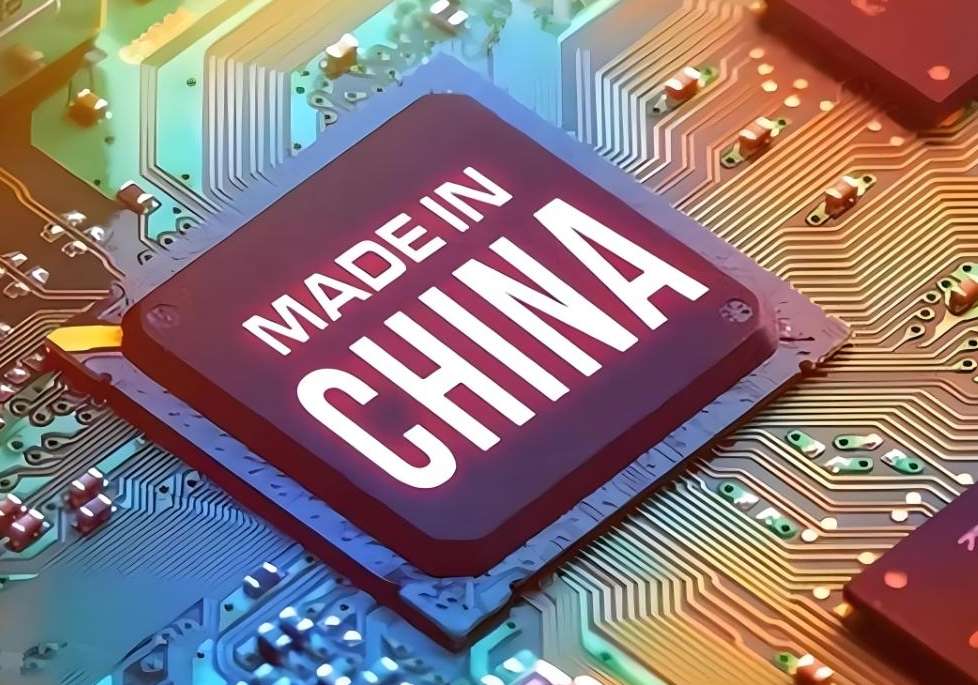China's AI Chip Comeback!
Advertisements
However, as the saying goes, fame can attract jealousy. With DeepSeek's rising profile, it has stirred discontent within the United States. In a bid to avoid falling behind in the AI race, the U.S. presidential administration has resorted to familiar tactics, alleging that DeepSeek has plagiarized code from American AI firms, with an abundance of accusations flying around.
Adding to the intrigue, U.S. intelligence agencies have reportedly contemplated cyberattacks aimed at stealing DeepSeek’s training data and algorithms—a move that raises ethical and security concerns about the lengths to which institutions might go in the competitive tech landscape.
Recent reports from Bloomberg further indicate that the U.S. administration is planning to tighten restrictions on AI chips supplied to China, including potentially curtailing access to NVIDIA's H20 chips. This strategic maneuver clearly seeks to choke off the AI industry in China and curtail its growth.

The response within the industry has been one of shock. Unlike the initial reactions during previous sanctions, where there was widespread fear regarding the future of China's semiconductor sector, there is now a prevailing sentiment that the U.S. is digging its own grave. The global landscape for semiconductors has shifted drastically, leading to a growing belief that the U.S. overreaches could ultimately backfire.
Despite facing American sanctions for seven long years, China's semiconductor industry has proven to be resilient. Instead of faltering, it has innovated and grown even stronger, making strides in domestic R&D and production capabilities. In fact, predictions for 2024 estimate China’s chip exports to exceed $100 billion, firmly positioning the country as the world’s largest chip exporter.
China is not only competing in lower-tier chip markets but is also making significant advances in high-end semiconductors. Companies like Huawei have successfully established their supply chains. For instance, the Kirin 9020 chip demonstrates performance that, while friendly to their own ecosystem, competes effectively against the likes of Qualcomm's Snapdragon 8 Gen, showcasing that advanced capabilities are within reach.
Huawei’s Ascend 910B AI chip is another prime example of China's progress in the AI chip domain, standing toe-to-toe with NVIDIA's A100, yet offering superior cost performance. Even Jensen Huang, NVIDIA’s CEO, has acknowledged that Huawei could emerge as a formidable competitor in the future.
Interestingly, DeepSeek employs both Huawei's Ascend 910 and 310 chips in its infrastructure. Hence, even if the U.S. were to restrict access to NVIDIA's H20 chips, Chinese AI manufacturers would remain unperturbed, armed with alternatives and confidence in their capabilities.
In contrast, NVIDIA might very well be facing significant challenges. The massive trillion-dollar Chinese chip market has been vital for their revenue, accounting for nearly a third of their income. However, with increasing restrictions, their ability to ship products is becoming increasingly complex. Initially, shipments of the A100 and H100 chips were halted, leading the company to introduce the A800 and H800 series, which, despite being less powerful, still found market acceptance. Now, with further regulatory changes, NVIDIA appears to be in a bind.
In a desperate bid to retain the Chinese market, NVIDIA introduced the H20 chip. Although its performance lags behind the A100 significantly, it allowed them to circumvent U.S. controls. Unexpectedly, the U.S. is now targeting the H20 as well. If these restrictions become a reality, NVIDIA may find itself in dire straits, as the H20 is already at the brink of feasibility; further reductions in capability could deter Chinese clients, especially since domestic AI chip alternatives are becoming more competitive and cost-effective.